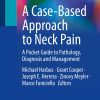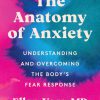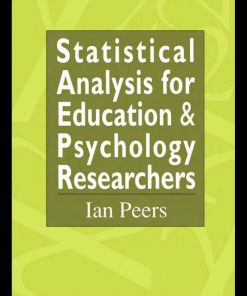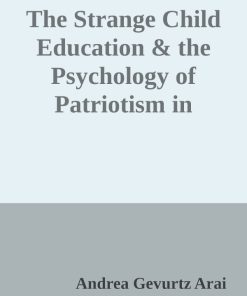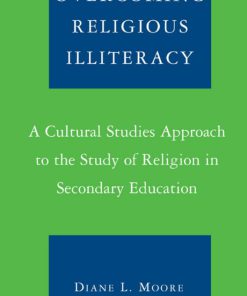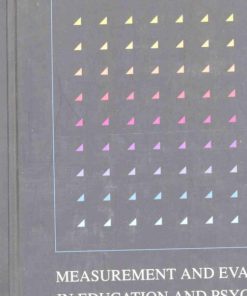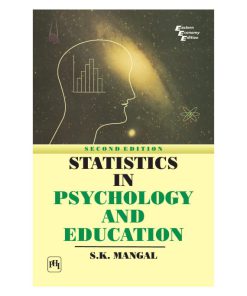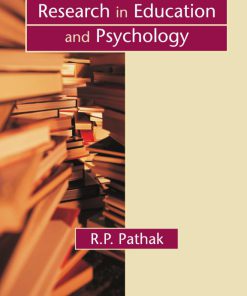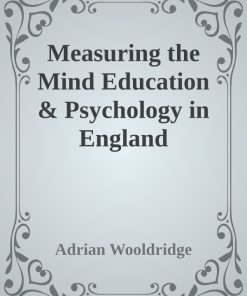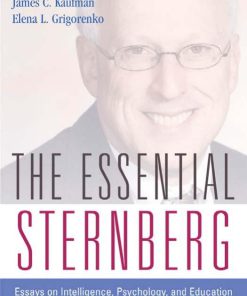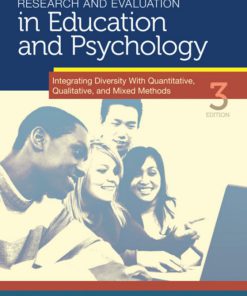Participation and the Mystery Transpersonal Essays in Psychology Education and Religion 1st edition by Jorge Ferrer 1438464886 9781438464886
$50.00 Original price was: $50.00.$25.00Current price is: $25.00.
Authors:Jorge N. Ferrer , Series:Psychology [41] , Tags:Psychology; Movements; Transpersonal; Religion; Spirituality; Psychology of Religion , Author sort:Ferrer, Jorge N. , Ids:9781438464886 , Languages:Languages:eng , Published:Published:Apr 2017 , Publisher:State University of New York Press , Comments:Comments:Participation and the Mystery is both an introduction to and expansion of Jorge N. Ferrer’s groundbreaking work on participatory spirituality, which holds that human beings are active cocreators of spiritual phenomena, worlds, and even ultimates. After examining the impact of his work since the publication of Revisioning Transpersonal Theory, Ferrer discusses the relationship between science and transpersonal psychology, the nature of a fully embodied spirituality, and the features of integral spiritual practice. The book also introduces a participatory philosophy of education and applies it to the academic teaching of mysticism and a novel approach to embodied spiritual inquiry. Critically engaging the influential work of Stanislav Grof, Ken Wilber, and A. H. Almaas, Ferrer concludes with an original solution to the problem of religious pluralism that affirms the ontological richness of religious worlds while avoiding the extremes of perennialism and contextualism, offering a hopeful vision for the future of world religion. Participation and the Mystery is an invaluable resource to anyone seeking to deepen their understanding of participatory approaches to transpersonal psychology, integral and contemplative education, contemporary spirituality, and religious studies.
Participation and the Mystery Transpersonal Essays in Psychology Education and Religion 1st edition by Jorge N. Ferrer – Ebook PDF Instant Download/Delivery.9781438464886,1438464886
Full download Participation and the Mystery Transpersonal Essays in Psychology Education and Religion 1st edition after payment
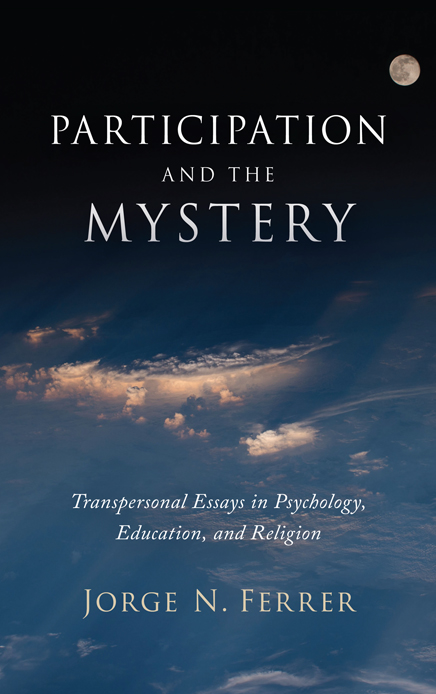
Product details:
ISBN 10:1438464886
ISBN 13:9781438464886
Author:Jorge N. Ferrer
Participation and the Mystery is both an introduction to and expansion of Jorge N. Ferrer’s groundbreaking work on participatory spirituality, which holds that human beings are active cocreators of spiritual phenomena, worlds, and even ultimates. After examining the impact of his work since the publication of Revisioning Transpersonal Theory, Ferrer discusses the relationship between science and transpersonal psychology, the nature of a fully embodied spirituality, and the features of integral spiritual practice. The book also introduces a participatory philosophy of education and applies it to the academic teaching of mysticism and a novel approach to embodied spiritual inquiry. Critically engaging the influential work of Stanislav Grof, Ken Wilber, and A. H. Almaas, Ferrer concludes with an original solution to the problem of religious pluralism that affirms the ontological richness of religious worlds while avoiding the extremes of perennialism and contextualism, offering a hopeful vision for the future of world religion. Participation and the Mystery is an invaluable resource to anyone seeking to deepen their understanding of participatory approaches to transpersonal psychology, integral and contemplative education, contemporary spirituality, and religious studies.
Participation and the Mystery Transpersonal Essays in Psychology Education and Religion 1st Table of contents:
Part One Transpersonal Psychology
Chapter One Participatory Spirituality and Transpersonal Theory
An Outline of Participatory Spirituality
Dimensions of Spiritual Cocreation
A Creative Spirituality
Spiritual Individuation
Participatory Pluralism
A More Relaxed Spiritual Universalism
Participatory Epistemology and Critical Theory
Integral Bodhisattvas
Participatory Spiritual Practice
The Participatory Approach: Model, Orientation, Paradigm, or Epoch?
Disciplinary Model
Theoretical Orientation
Paradigm or Paradigmatic Epoch
The Impact of the Participatory Turn
Transpersonal and Integral Studies
Consciousness Studies
Integral and Holistic Education
Religious Studies
Critical Perspectives
Wilberian-Integral
Archetypal
Participatory
Conclusion
Chapter Two Transpersonal Psychology, Science, and the Supernatural
Science, Naturalism, and Metaphysical Agnosticism
On Transpersonal Neo-Kantianism
Western Ethnocentrism and Epistemic Colonialism
Neo-Kantianism, Disembodiment, and Existential Alienation
Transpersonal Science or Scientism?
Scientific Transpersonal Research Programs
Participatory Metaphysical Pluralism
The Epistemological Challenge of Shared Visions
Beyond Naturalism and Supernaturalism: Toward a Participatory Radical Empiricism and Research Program
Conclusion
Chapter Three Toward a Fully Embodied Spiritual Life
What is Embodied Spirituality?
The Living Body
Body as Subject
Body as the Home of the Complete Human Being
Body as Source of Spiritual Insight
Body as Microcosm of the Universe and the Mystery
Body as Essential for an Enduring Spiritual Transformation
Features of Embodied Spirituality
A Tendency toward Integration
Realization through the Body
Bodyfulness: Awakening of the Body
Resacralization of Sexuality and Sensuous Pleasure
The Urge to Create
Grounded Spiritual Visions
In-the-World Nature
Resacralization of Nature
Social Engagement
Integration of Matter and Consciousness
Conclusion
Chapter Four A New Look at Integral Growth
Integral Transformative Practice (ITP): Contemporary Proposals
A Participatory Perspective on Integral Growth
Types of Cognicentrism
The Challenge of Cognicentrism to Integral Growth
Integral Growth, Integral Practice, and Integral Training
Holistic Transformation: Toward a New Integral Praxis
Interactive Embodied Meditations
Multidimensional Contemplative Practices
Individualized Integral Practices
Integrative Work in Everyday Life
Conclusion
Part Two Integral Education
Chapter Five The Four Seasons of Integral Education (with Marina T. Romero and Ramón V. Albareda)
Integral Education: Elements, Dimensions, and Approaches
Elements of the Integral Curriculum: Content, Training, and Inquiry
Horizontal and Vertical Dimensions of Integral Education
Approaches to Integral Education: Mind-Centered, Bricolage, and Participatory
The Mind-Centered or Intellectualist Approach
The Bricolage or Eclectic Approach
The Participatory Approach
A Participatory Model of Integral Education
The Four Seasons of the Integral Creative Cycle
Autumn: The Body, Planting, Action
Winter: The Vital, Rooting, Gestation
Spring: The Heart, Blooming, Diversity
Summer: The Mind, Harvest, Celebration
Integration of “Feminine” and “Masculine” Principles
Basic Features of Integral Transformative Education
Challenges and Prospects of Integral Education
From Lopsided Development to Integral Transformation
From Mental Pride to Spiritual Awakening
Beyond Cognicentrism and Anti-Intellectualism in Integral Studies
Conclusion
Chapter Six Teaching Mysticism from a Participatory Perspective
The Graduate Seminar in Comparative Mysticism
Institutional and Academic Context
Curricular Context
Structure and Content of the Seminar
A Participatory Approach to Integral Education
Participatory Pedagogical Strategies
Invitation to Participatory Knowing
Guided Contemplative Inquiry
Unconditional Acceptance and Somatic Grounding: Working with Hermeneutical Preunderstandings, Part 1
Analogical Inquiry and Mandala Drawing: Working with Hermeneutical Preunderstandings, Part 2
Dialogical Inquiry
Meditative Reading: Interreligious Lectio Divina
Empathic Attunement through Role Play
Integral Hermeneutics
Spiritually Informed Scholarship
Methodological Discussion: The Way of Critical Participation
Conclusion
Chapter Seven Embodied Spiritual Inquiry: A Radical Approach to Contemplative Education
An Introduction to Embodied Spiritual Inquiry
Methodology and Epistemology
Inquiry Tools
Cycles of the Inquiry Process
Basic Structure of a Typical Session
Inquiry Question
Validity: Soundness and Limitations Considered
ESI as Cooperative Inquiry
Generalizability and Contextual Validity
Terminological Issues
Transformational Validity
Subjectivity, Objectivity, and Participatory Validity
Conclusion
Part Three Spirituality and Religion
Chapter Eight Stanislav Grof’s Consciousness Research and the Modern Study of Mysticism
Current Trends in the Modern Study of Mysticism
Enters Grof
Grof’s Perennial Philosophy
A Participatory Account of Grof’s Consciousness Research
Conclusion
Chapter Nine Participation, Metaphysics, and Enlightenment: Reflections on Ken Wilber’s Integral Theory
The Participatory Critique of Wilber’s Work
Kosmic Habits: Cultural or Universal?
Postmetaphysical Versus Participatory Spirituality
The Question of Enlightenment
Conclusion
Chapter Ten Religious Pluralism and the Future of Religion
Uncovering Spiritual Narcissism
The Varieties of Religious Pluralism
Participatory Religious Pluralism
The Future of Religion: Four Scenarios
A Global Religion
Mutual Transformation of Religions
Interspiritual Wisdom
Spirituality without Religion
A Participatory Vision of the Future of Religion
Conclusion
Postscript
The Undetermined Nature of the Mystery
Naturalism, Supernaturalism, and Open Naturalism
Transcendence, Immanence, and the Subtle
Coda A Secret Poem for You
Appendix One Participatory Spirituality and A. H. Almaas’s New Diamond Approach
Appendix Two The Soft Perennialism of S. Taylor
The Merits of Soft Perennialism
Possible Shortcomings
Intrasubjective Reductionism
“Soft” Hierarchies
A Mysterious Experiential Realm
People also search for Participation and the Mystery Transpersonal Essays in Psychology Education and Religion 1st:
the participant
participation packs mystery mission
discussion about the party mystic messenger
participation mystique example
the participation trophies argument has always been a myth

